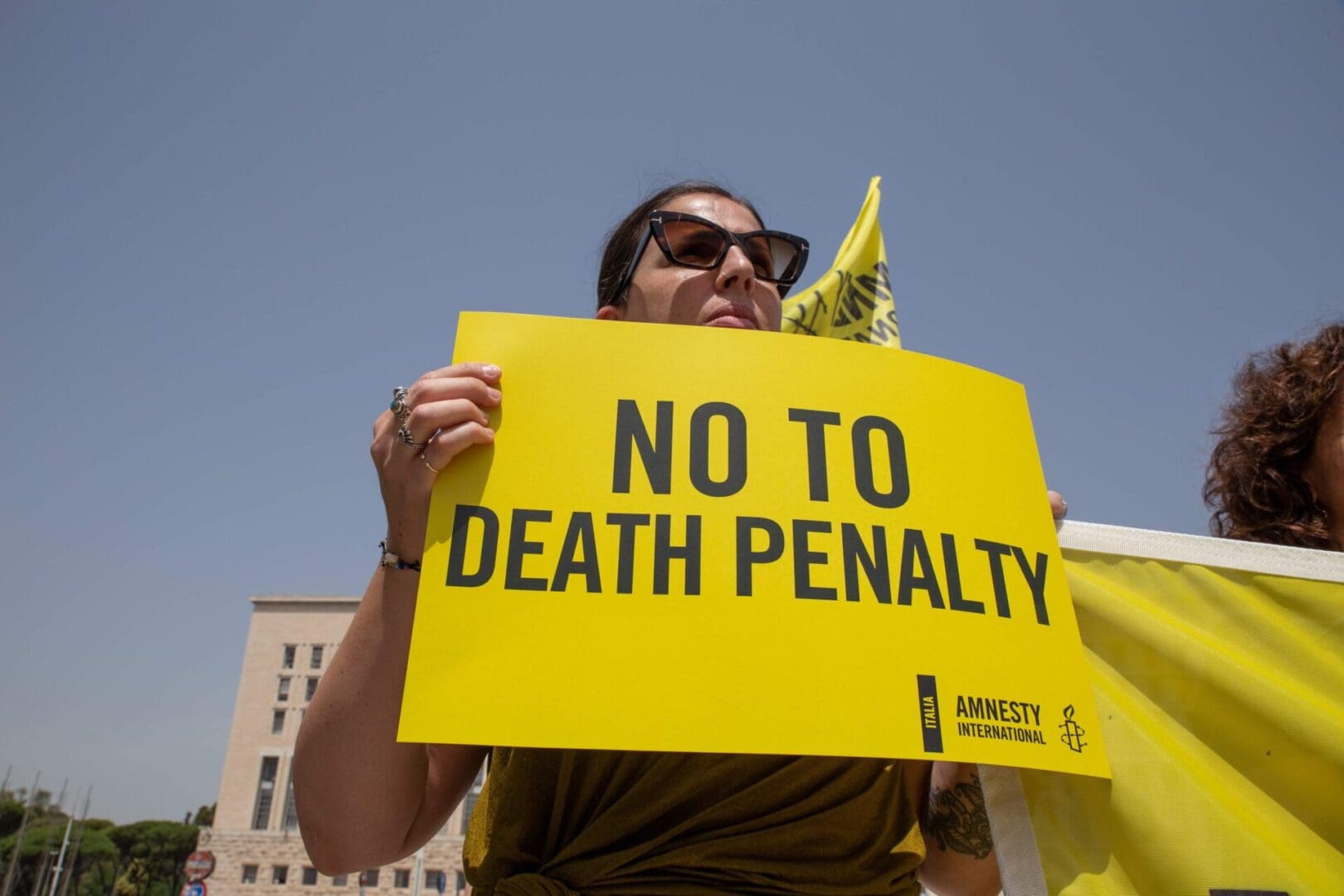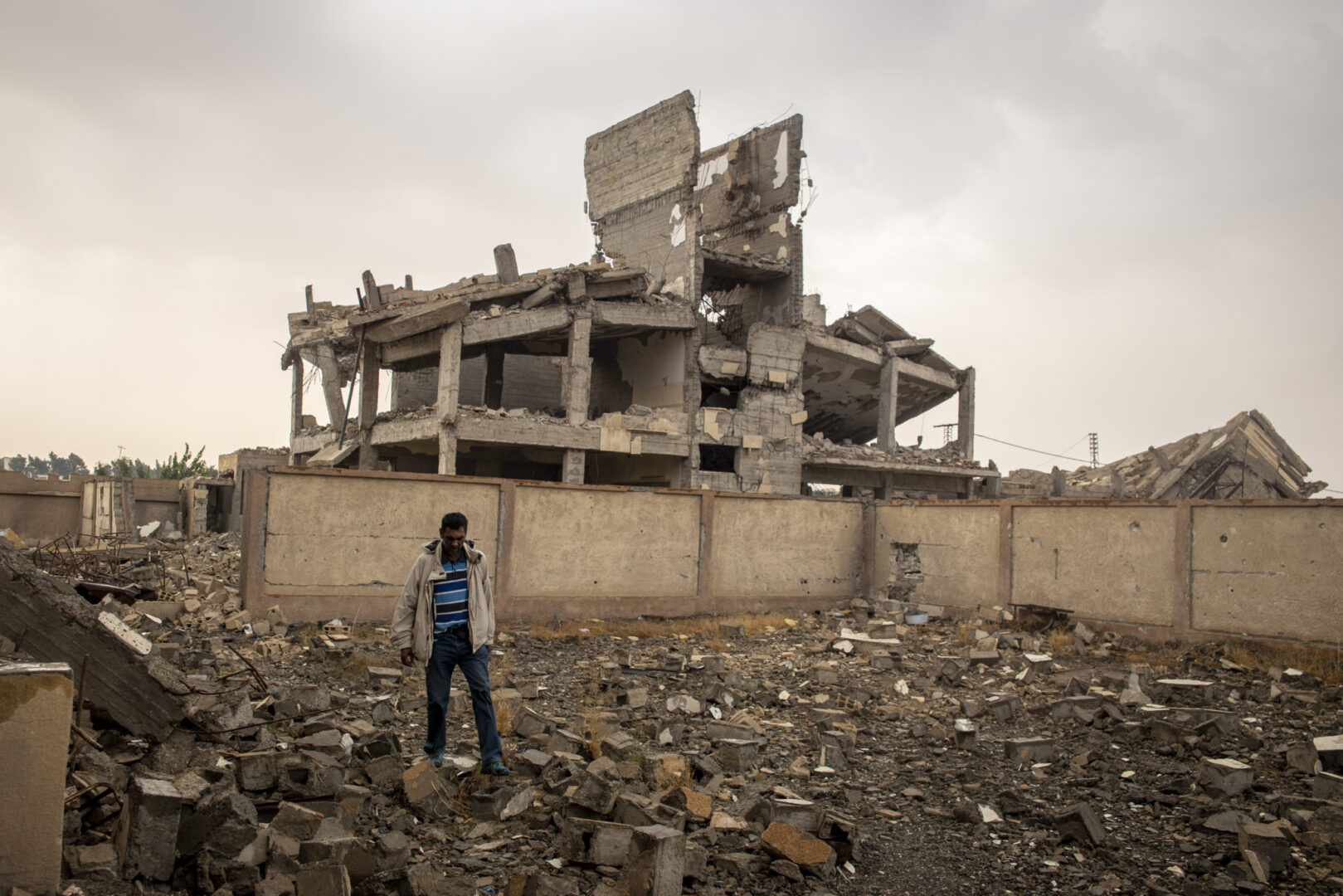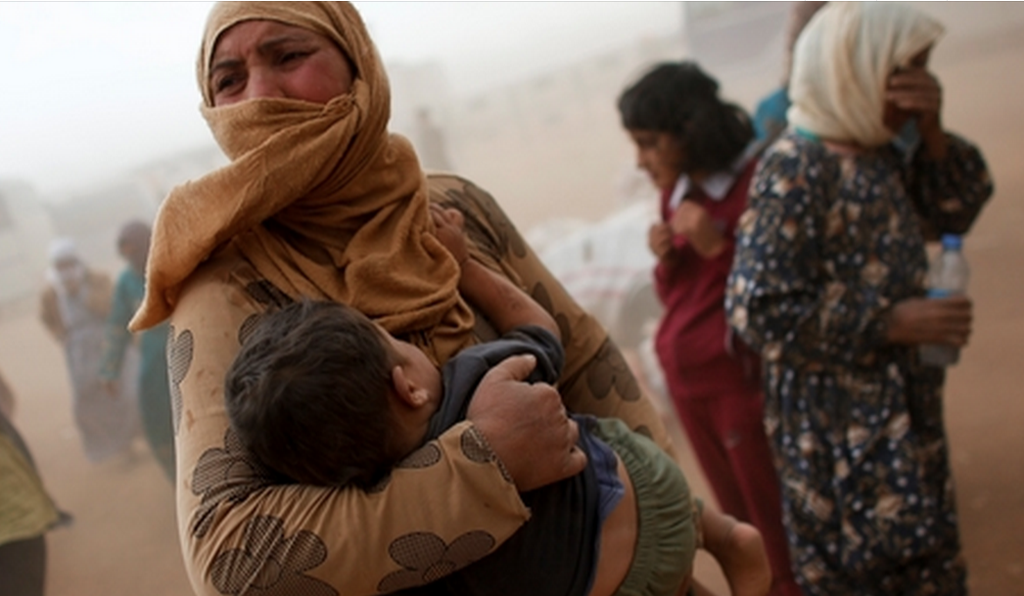KUWAIT 2022
The government restricted criticism of its actions and took steps to repress freedom of assembly by arresting protesters in June and August. The Bidun, native stateless Kuwaitis, faced discrimination in access to education and healthcare. There were positive steps, however, in a constitutional decision overturning the law against “imitating the opposite sex” and in government efforts to hire more women in the public sector.
Background
In April, the prime minister and cabinet resigned under parliamentary pressure. In June, Crown Prince Mishal al-Ahmad al-Jaber Al Sabah announced that he would dissolve the parliament elected in 2020 and convene new elections under Article 107 of the constitution. The ruling family appointed a new prime minister in July and a new cabinet in August. Elections for the new parliament were held in September.
Freedom of expression
Authorities detained and prosecuted at least two people for exercising their right to freedom of expression.
In January, authorities prosecuted Safaa Zaman, a computer expert, for “harming the reputation of the state and endangering relations with friendly countries” because she said in a television interview that storage of civil service records on servers in other countries posed a data security risk. However, the trial and appellate courts acquitted Safaa Zaman in March and September, respectively.
In March, prosecutors interrogated lawyer AbdulAziz al-Mutawwa for days without a lawyer on the charge that he had “insulted” members of the ruling family on social media and subsequently indicted him. The trial court acquitted him.
In July, the Ministry of Information announced that it had ordered the closure of 50 social media accounts previously licensed as “electronic newspapers” in some cases because the Law on Electronic Media only allows Kuwaiti nationals with “a clean record and good reputation” to electronically publish content described as news or journalism.
Freedom of assembly
The government outlawed and threatened to prosecute most protests, although in one case it did not follow through with prosecutions.
Kuwait’s Law on Public Meetings and Assemblies bans all unlicensed demonstrations and all demonstrations by non-Kuwaitis. On 24 May, the Ministry of Interior issued a warning that it had not licensed a demonstration called for the following day to protest against political gridlock in parliament, stating that it would hold anyone who attended legally accountable. However, the demonstration proceeded and no one was arrested.
In June, the government deported over a dozen Indian, Pakistani and Bangladeshi migrant workers because they had held a spontaneous, peaceful street protest in al-Fahaheel neighbourhood against Indian government statements that the workers considered insulting to Islam.
Beginning on 30 August, the authorities investigated 21 people – some Kuwaiti nationals and some Bidun – for their participation in a pro-Bidun peaceful demonstration in the Taima area of al-Jahra governorate on 26 August. Authorities held those summoned for between four and 15 days, releasing all 21 on bail by 15 September, but referred them to trial on charges of participating in an unlicensed demonstration.1
Discrimination
From June to September, the government stepped up its exclusion of the Bidun from many government services provided free to recognized nationals.
From June through the start of the new school year in September, the government barred Bidun families without a currently valid card from the Central System for the Remedy of the Situation of Illegal Residents from registering their children at any school. On 27 September, after public criticism, it rescinded this decision. The rescinded policy caused children from these families to miss the beginning of the school year.
The government continued to exclude Bidun children who did not have either Kuwaiti mothers or fathers who worked in government from the free public school system provided for children recognized as Kuwaiti nationals.
From June through to September, the government ordered the Ministry of Health not to provide free healthcare to Bidun Kuwaitis without a currently valid Central System card. On 27 September, the government rescinded this decision, again allowing the Ministry of Health to provide primary healthcare for Bidun whose cards had expired. Bidun without any Central System card at all could not receive government healthcare and faced difficulties finding private treatment.2
Women’s and girls’ rights
Kuwait’s laws continued to discriminate against women, including in the transmission of nationality to children and custody of children.
The government took positive steps to increase women’s representation in public employment and leadership roles by hiring more women in the Ministry of Health and the judicial system. The number of women appointed to the upper managerial level in the Ministry of Justice rose from 48 to 70, and in August the Ministry of Health reported that 60% of its new hires of medical professionals for government hospitals were women.
In August, the Ministry of Interior announced a new policy under which all Kuwaiti nationals aged 21 and over are automatically registered as voters, which benefits women by ensuring that they are not prevented from registering due to duties at home or pressure from male family members.
However, the government failed to adequately protect women victims of domestic violence as, for the third consecutive year, it did not open a women’s shelter as called for by Kuwait’s 2020 Law on Protection from Family Violence.
Migrants’ rights
Kuwait established new financial and administrative barriers to family unity for migrant workers, and continued to use the kafala (sponsorship) system for employment of migrant labour, which puts migrants at heightened risk of exploitation.
In January, the government set a new annual fee of KWD 250 (over USD 800) for migrants aged over 60 to remain in the country, placing a significant financial burden on older migrant workers whose employers will not pay for their residency, and on migrant families supporting older members resident in Kuwait.
In June, the government indefinitely suspended visitor visas for family members of migrant workers, and in August it indefinitely suspended issuance of migrant family residency visas.
LGBTI people’s rights
In a welcome move, in February the Constitutional Court ruled that the law criminalizing “imitation of the opposite sex”, which had been used to prosecute transgender people, violates the constitution’s guarantee of personal freedom. Other laws still use vague language criminalizing consensual same-sex relations.3
Failure to tackle the climate crisis
Kuwait did not update its NDC to carbon reduction in 2022 and remained one of the top five highest carbon emitting countries per capita, according to World Bank data.
View the Full amnesty International Report 2022/23 in English
View the Full amnesty International Report 2022/23 in Arabic
DOWNLOAD PDF
Relevant Links
- 2022/23 Annual Global Report on Human Rights
- “Kuwait: Authorities must stop targeting pro-Bidun protesters as elections loom”, 1 September
- Kuwait: Submission to the UN Committee on the Rights of the Child, 91st Session, 29 August-23 September 2022, 16 August
- “Kuwait: Overturning law that criminalized ‘imitation of the opposite sex’ a breakthrough for transgender rights”, 16 February
- Kuwait: Bidun activist blocked from entering country to visit family, January 5, 2023





